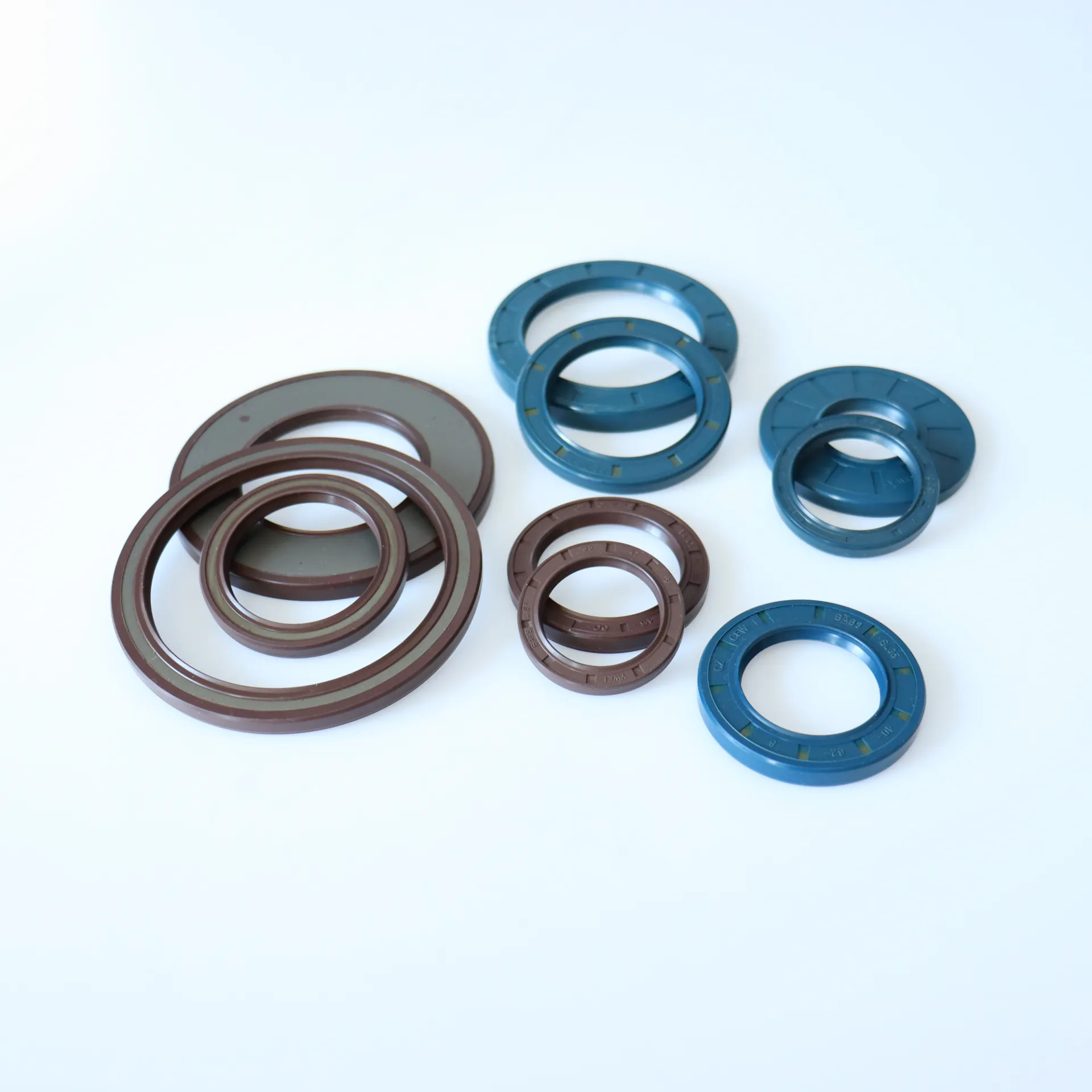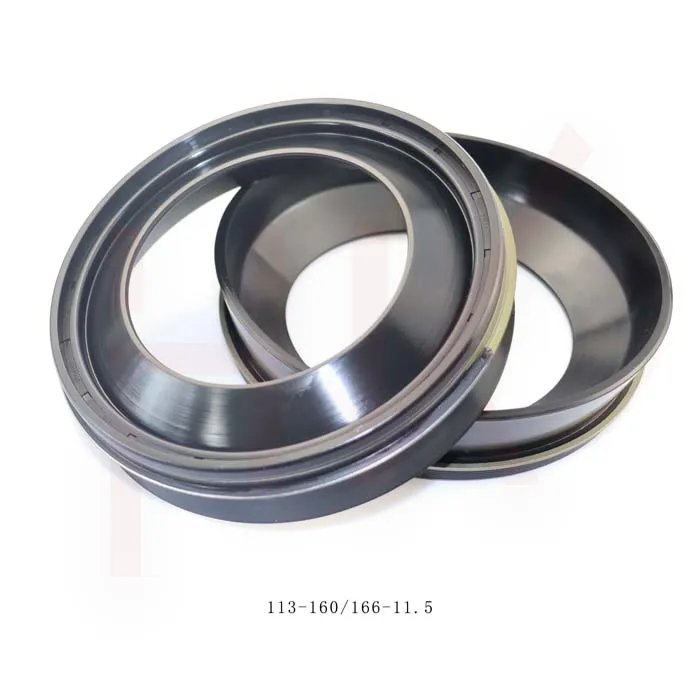Nov . 27, 2024 14:27 Back to list
High-Performance Rubber Seal Solutions for Hub Applications and Beyond
Understanding Hub Rubber Seals Essential Components for Mechanical Systems
In mechanical engineering, the integrity of moving parts is critical to ensuring the longevity and efficiency of machinery. Among various components vital to this goal, hub rubber seals play a crucial role in maintaining functionality and performance. These seals, often overlooked, are essential for protecting components from external contaminants and preserving the internal environment of mechanical systems.
What are Hub Rubber Seals?
Hub rubber seals are flexible rings made from durable rubber materials, designed to fit snugly around the hub of various mechanical systems. Their primary function is to seal the gaps between rotating parts and stationary components, thereby preventing the ingress of dirt, dust, moisture, and other harmful substances. By creating a tight seal, these components help maintain the lubricated environment necessary for smooth operation.
Importance of Hub Rubber Seals
1. Protection Against Contaminants One of the most significant advantages of hub rubber seals is their ability to keep contaminants at bay. Dirt, water, and debris can lead to premature wear and tear of mechanical components, ultimately resulting in costly repairs or replacements. By using high-quality rubber seals, machines can operate in harsh environments without compromising their internal integrity.
2. Improved Efficiency Hub rubber seals contribute to the overall efficiency of mechanical systems. By minimizing leakages of lubricants and preventing the entry of harmful substances, these seals help maintain optimal lubrication. This ensures that moving parts operate smoothly, reducing friction and increasing the life span of the machinery.
3. Cost-Effectiveness While the initial investment in high-quality hub rubber seals might seem significant, they provide long-term savings. By preventing breakdowns and reducing maintenance costs, these seals help businesses save money over time. Regularly replacing worn-out or damaged seals can significantly enhance the operational efficiency of machines.
4. Versatility Hub rubber seals are versatile and can be used in various applications, from automotive to industrial machinery. They are found in pumps, electrical motors, gearboxes, and many other systems where rotating parts meet stationary components. This adaptability makes them a staple in numerous sectors, including manufacturing, automotive, and aerospace.
hub rubber seal

Selection of Hub Rubber Seals
When choosing hub rubber seals, there are several factors to consider to ensure optimal performance
- Material Composition The type of rubber used in the seal is crucial. Common materials include nitrile, fluorocarbon, and silicone, each offering different properties such as temperature resistance, chemical resilience, and flexibility.
- Size and Fit Accurate sizing is essential for ensuring a proper seal. If the seal is too loose, contaminants can enter, while an overly tight seal can wear out quickly due to excessive friction. Always refer to manufacturer specifications for the correct size.
- Operating Environment Consider the conditions in which the seal will operate. Extreme temperatures, pressures, and exposure to chemicals can all impact the performance of the seal. Selecting a seal with appropriate chemical and heat resistance is vital for durability.
Maintenance and Replacement
Routine inspection and maintenance of hub rubber seals are crucial for their longevity. Signs that a seal may need replacement include visible cracks, leaks, or excessive wear. Regularly checking the seals in machinery can prevent small issues from escalating into significant failures, thus protecting investments and ensuring smooth operations.
Conclusion
In summary, hub rubber seals are indispensable components in mechanical systems. They play a vital role in protecting machinery from contaminants, enhancing efficiency, and offering cost-effective solutions for maintenance and repairs. By understanding their importance and ensuring proper selection and maintenance, businesses can improve the reliability and lifespan of their equipment. As industries continue to evolve, the significance of these humble yet essential components will undoubtedly remain steadfast in the quest for optimizing mechanical performance.
-
Reliable Oil Seal Wheel Hub Solutions for Industrial & Automotive Use
NewsNov.17,2025
-
Durable Front Hub Oil Solutions for Industry – HKAiSeal
NewsNov.17,2025
-
Wholesale Hydraulic Pump Motor Seal Kit A4VSO250 | In Stock
NewsNov.17,2025
-
Pump Seal Kits: Essential Components for Industrial Reliability
NewsNov.17,2025
-
TCV Oil Seal - Double-Lip, Spring-Loaded, High Temp & Wear
NewsNov.17,2025
-
Hydraulic Seal Kits: Reliable Solutions for Industrial Equipment
NewsNov.17,2025
-
Combined oil seal 659214 12001903B, fits 119990, NBR OEM
NewsNov.17,2025
Products categories
















